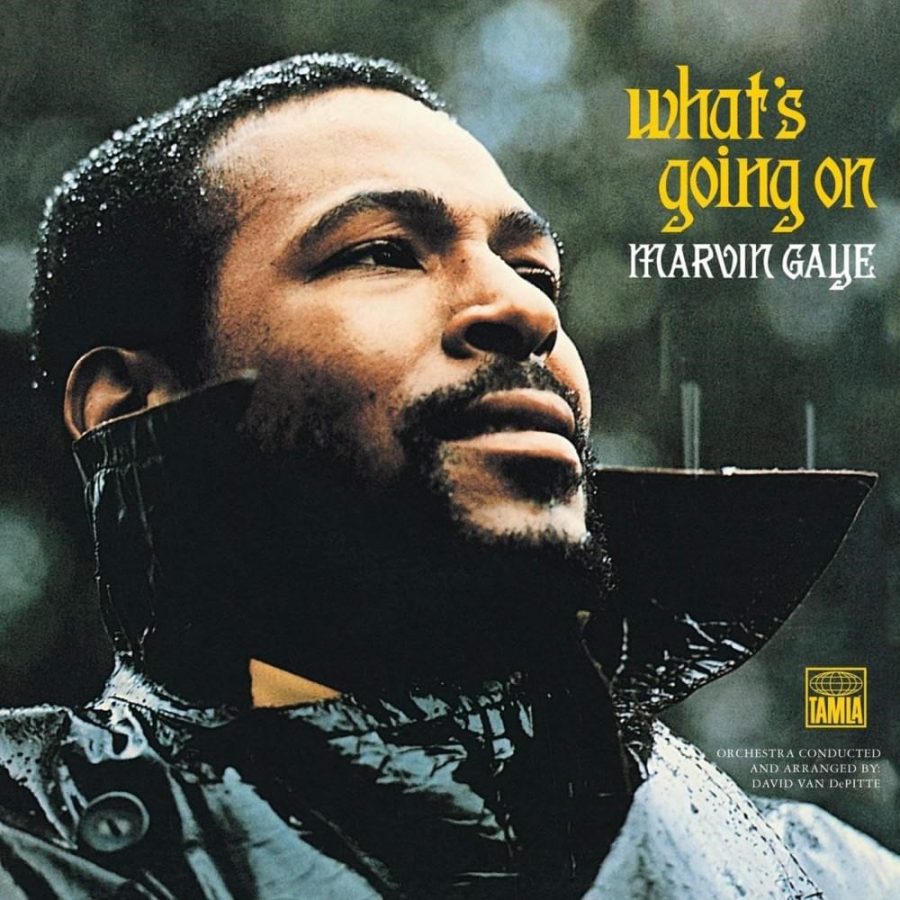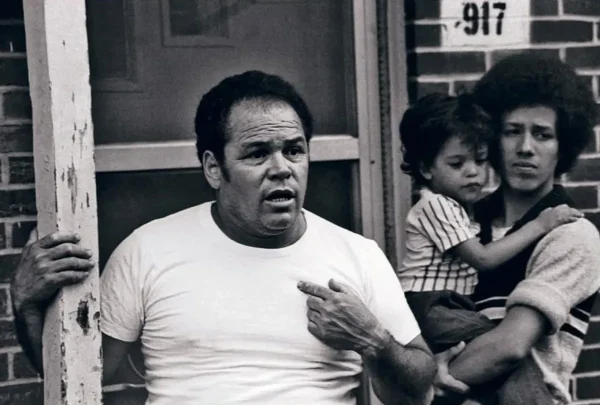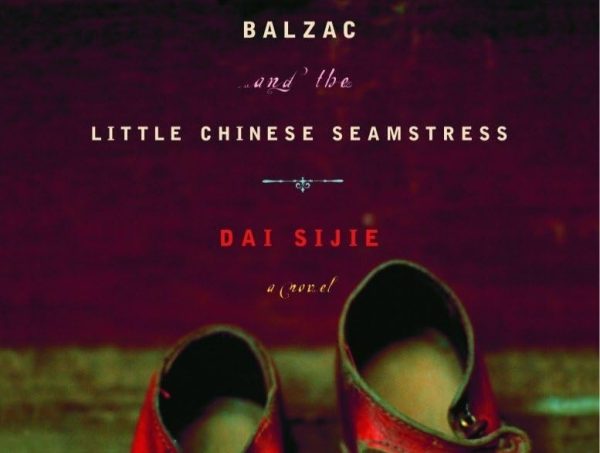The Impact and Legacy of What’s Going On, 50 Years Later
At the beginning of the liner notes for his 1971 album, What’s Going On, Marvin Gaye wrote “After some several days of reflecting and pondering and general thought (which is very unusual), I still can’t think of any non-complimentary things to say about myself.” His self-recognition was not undeserved. The album was released a little over 50 years ago, on May 21st, 1971. The release coincided with a very important period of Gaye’s life. Tammi Terrell, who he had frequently recorded duets with, had died of a brain tumor the year before, and he was experiencing a period of depression. To add insult to injury, Berry Gordy, the owner of Motown Records, had dismissed the title track to the album as “too political,” and refused to distribute it. After Gaye went on a strike, during which he vowed not to make any more music for Motown, Gordy caved and it was released. Further conflict ensued, and in the end, Motown accepted an ultimatum which allowed Gaye to take hold of full creative control for his music, allowing him to get to work.
The album he produced in the next ten days was an unprecedented masterpiece: 9 tracks and 35 minutes, with vibrant performances from Gaye and his associates on vocals, complemented by members of the Detroit Symphony Orchestra, conducted by David Van DePitte. Gaye would employ versions of scat singing and other vocalizations in the music, as well, which added a unique and soulful flavor to the album. Each sound added to a soundscape that was rich and layered. The format of the album and many of its individual elements were unprecedented for Motown: each track flowed into the next, and altogether, they formed a cohesive musical work. Elements from the first song recurred throughout the album in a manner reminiscent of a symphony and its theme. This broke a mold which had constrained artists for years. Nearly every act that Motown had ever employed was driven by the power and popularity of their singles. Gaye was no different, but the release and subsequent acclaim of What’s Going On changed everything. It paved the way for him and other artists to further express their creativity without worrying about record labels interfering.
What was so impactful and influential about the music, though, was not just that it was so musically beautiful. It was the lyrics. Individual tracks covered a host of themes. “What’s Going On” and “What’s Happening Brother” asked a question of America. The latter, specifically, came from the perspective of a man returning home from the Vietnam War. They expressed dissatisfaction with and questioned the domestic and foreign affairs of the United States government. Young men were being drafted and sent off to war, often against their best wishes. Meanwhile, protests against the war and draft system often devolved into violence when demonstrators came in contact with police. These songs questioned how things had turned out that way. The issues Gaye observed extended beyond just the war, though. “Save The Children” and “Mercy Mercy Me (The Ecology)” showed Gaye’s concern for the future of the planet. The lyrics expressed his fears that industrial waste and overpopulation would threaten the survival of humankind and their habitat. Other songs call for general unification, like “Right On,” “Wholy Holy,” and “God is Love.” The final track, “Inner City Blues (Make Me Wanna Holler),” describes the financial distress suffered by those in inner-city neighborhoods. Several lines in the song also called attention to the further distress caused by the draft, increased crime rates, and resulting police brutality. Though much of the subject matter does seem to forecast a grim future, the music’s positive tone and Gaye’s calls for love, unity, and faith uplifted audiences and struck a chord with many.
The influence of the record has also been widespread. It was recently named by Rolling Stone as the greatest album of all time, and many have cited it as one of the greatest soul and R&B albums of all time as well. While it was heavily praised at the time, and accompanied a wave of protests and calls for social change coinciding with the last few years of the Vietnam War, many of the topics Gaye stresses endure and have maintained their poignancy to this day: police brutality remains painfully prevalent in America, the environment is doing worse than ever, and the U.S. still sends young men and women to die in wars overseas. While listening to Gaye’s positive outlook, however, it feels, even if just for a fleeting moment, as if everything will be alright. The sheer magnificence, relevancy, and timelessness of Marvin Gaye’s magnum opus, recorded and released over half a century ago, left a deep impression on me when I first heard it, and I have continued to enjoy it. It taught me the gift that music was to society, as a medium of both sound and ideas, big and small. I believe that it is an essential listen for anyone, and I encourage everyone to give it a try.
You can listen to the album here.
Sources:
Divided Soul: The Life of Marvin Gaye by David Ritz







